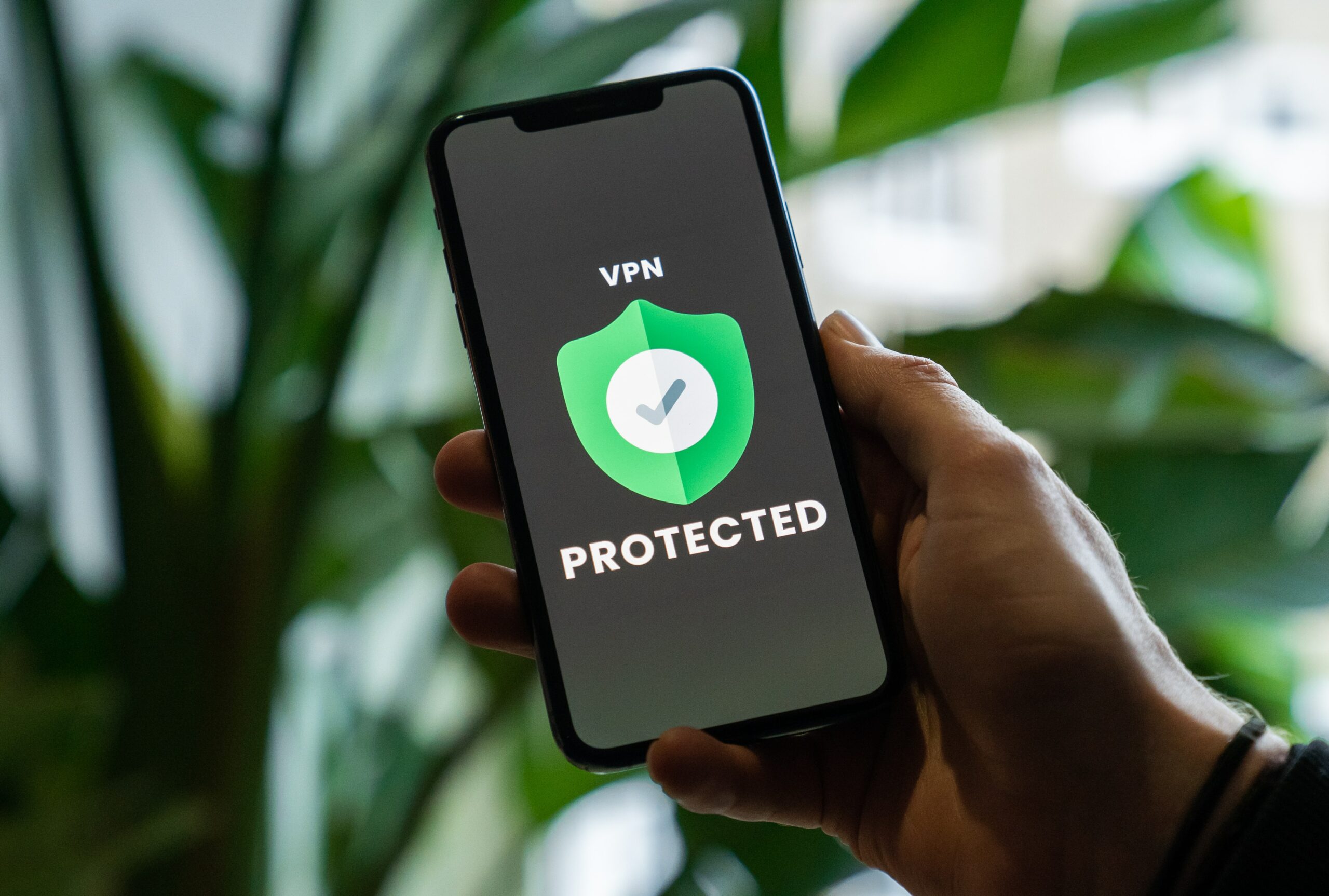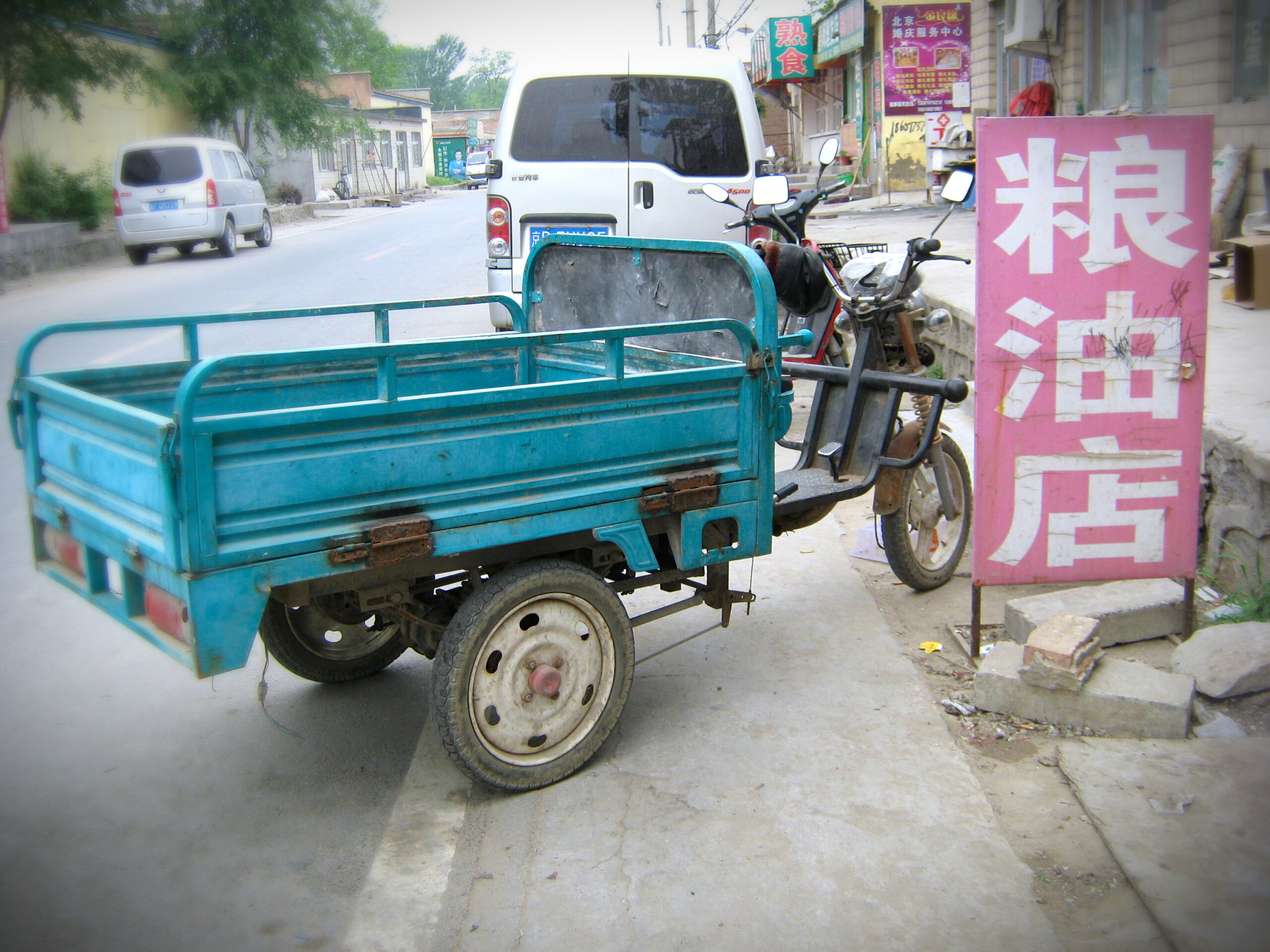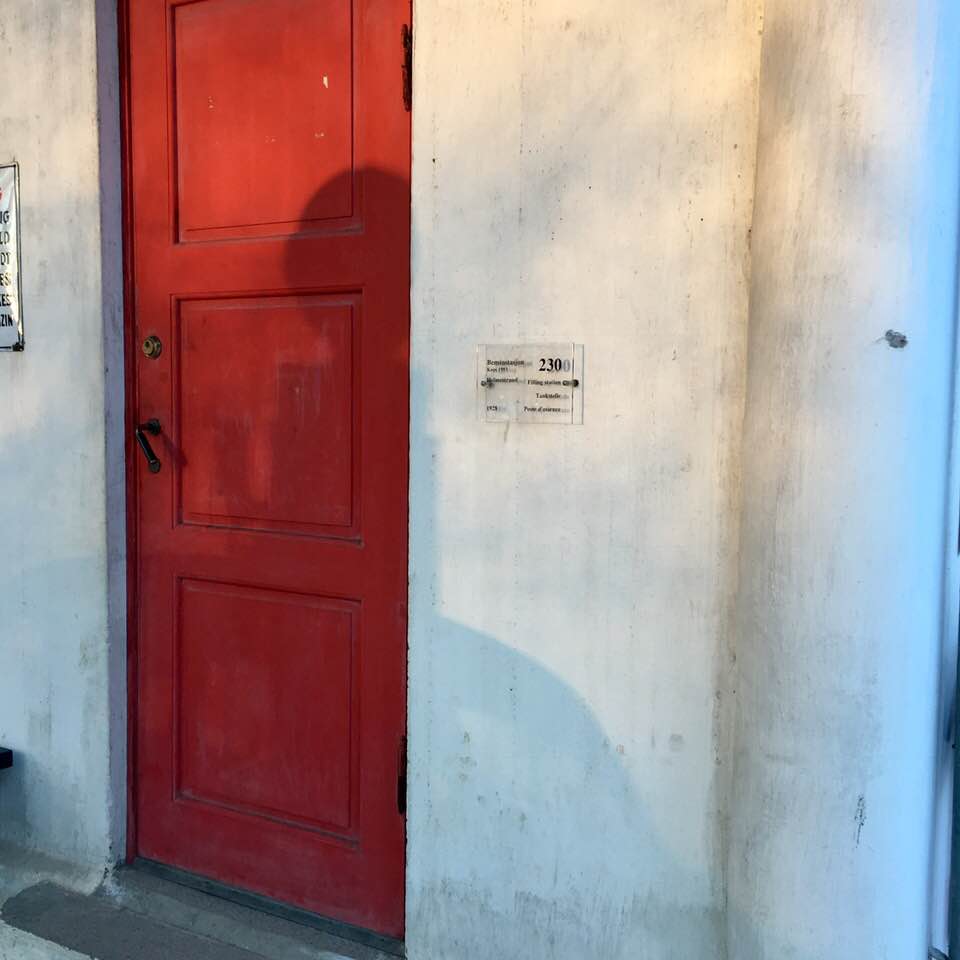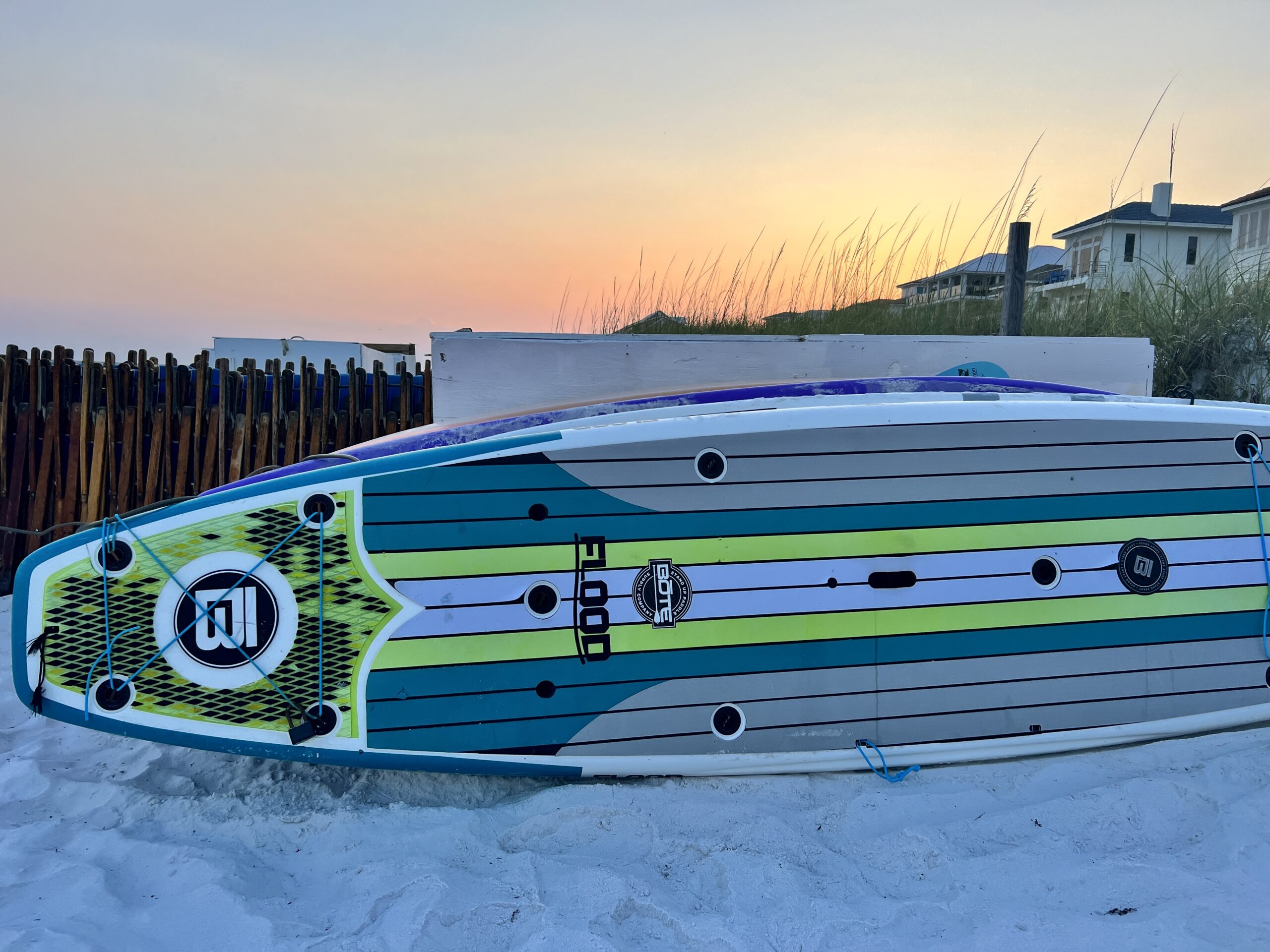
Using a VPN When Traveling — An Easy Way To Protect Your Data
A VPN (virtual private network) is the easiest and most effective way for you to protect your internet usage and keep your identity private online. When you connect to a secure VPN server, your internet traffic goes through an encrypted tunnel that nobody can see into, including hackers, governments and your internet service provider.

How do they work exactly?
In really basic terms, using a VPN changes your IP address, the unique number that identifies you and your location in the world. This new IP address will make you appear to be in the location you select when you connect. This can be in your own country, or outside of your country.
There are servers set up all over the world. To access them, you need to purchase a subscription through a VPN company. I use NordVPN. I have a basic two-year subscription and paid around $100 for the first two years. I chose Nord because they have more than 5,400 servers worldwide, and their connection speeds are in excess of 6,700 MBPS. While I don’t understand exactly what that means, I know it’s fast!
I downloaded the NordVPN app to my phone through my app store; for my computer, I went to NordVPN.com, set up my account and downloaded the software. It’s very easy to use and to turn on and off when needed.
Your phone and computer have the same subscription but work independently. You can turn off your phone VPN and have it still running on your computer and vice versa.
The VPN can automatically connect to what it feels is the best server for you, or you can set your location. I usually use the quick connect feature, allowing it to choose for me, and sometimes mine connects in Canada (I am only six hours from the Canadian border), which can affect the apps I am using. For instance, I can’t access my banking app if I am connected to a server outside the United States. The nice thing is you can purposefully connect to a server in London and get Netflix UK. It’s great!
If you are using your maps app when traveling, make sure you are connected to the country you are in so it works properly. It’s very easy to set up. If you have issues with you map not working, temporarily disconnect your VPN while using your maps.
Why would you need a VPN when traveling?
We talk a lot about personal safety, but you should keep your data and personal information safe too!
If you’re traveling and on public wifi in cafes and other public areas, being on a VPN protects your devices from being compromised. This is especially important for those who work remotely or for banking while on public or unsecured wifi. This added layer of security can give you peace of mind.
When I was traveling in China, which has a block on many Western apps, the only way I could access social media and Google was to use a VPN that was outside the country. Even then it got tricky, as they work hard to keep that information locked down; but with two VPN services and changing my location every day, I was able to get around the block for the nine days I was there.
There are other reasons to have a VPN as well. Do you get tired of having ads served up when you so much as think about buying a product? Want to keep your binging of “Buffy the Vampire Slayer” private? Are you trying to use Torrent? Want to watch a show on Netflix that is only available on UK Netflix? Get a VPN!
This post likely contains affiliate links. If you shop or make a reservation through these links, we may make a small commission (for which we are very grateful!) at no extra cost to you. Not all links are affiliates, and we only suggest products and places that we have experienced.
The views expressed on this website represent the opinions of the authors; we encourage you to form your own opinions and confirm any facts.



